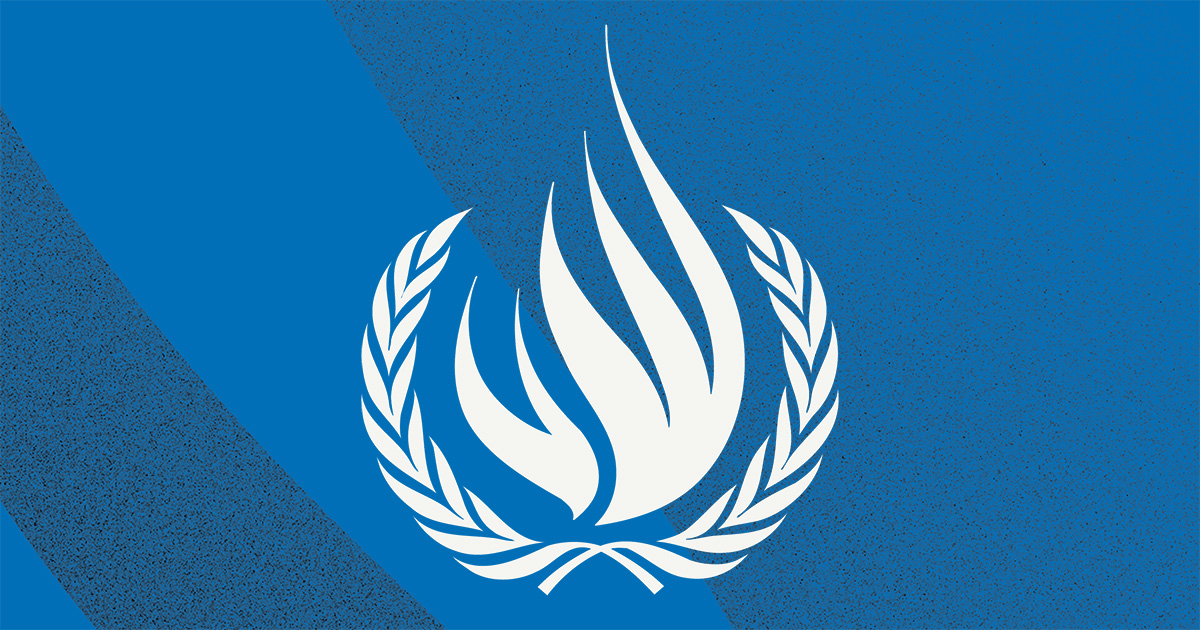
A string of missed opportunities allowed the predatory paedophile Bob Higgins to sexually abuse scores of schoolboy footballers while he worked as a coach at Southampton, a damning report by the children’s charity Barnardo’s has concluded.
Higgins, regarded as a “god-like” star-maker by youngsters who dreamed of a career in football, was able to operate “seemingly undetected” at Southampton from the mid-1970s until the late 1980s and continued to work elsewhere in the sport until 2016.
The report concluded: “It is an unavoidable fact that adults in Southampton Football Club during the time Higgins worked for them or on their behalf did not consider the welfare and wellbeing of the boys involved with the club as their prime consideration.
“The impact of and damage caused by Higgins’ abuse of children in his care during the time he was employed by Southampton Football Club is incalculable. The damage to their physical and mental health as they grew up, their relationships, their families and even their ability to confidently parent has been devastating.
“It is these individuals who, in our view have paid the price for what seems to be the inertia of board members who failed to ensure that young boys, in contact with Higgins, were as well protected as they should have been.
“We do not believe there was any deliberation or malign intent by these individuals, it is our view they simply did not consider the wellbeing of boys as their responsibility and once Higgins had left their employ saw no reason to alert anyone about the allegations that had been made against him.”
Higgins was jailed in 2019 for 24 years for sexually abusing 24 boys over a 25-year period from 1971 but the report said that more than 100 individuals had come forward to testify to Higgins’ abuse.
The report’s authors spoke to 26 men who were abused or knew Higgins. They spoke of the hold he had over them. “He was like a god-like figure, untouchable,” said one. “Boys were vying for his attention.” A second said: “Bob Higgins was like a god sitting on a throne with boys draped around him.” “He could ruin our careers with a click of the fingers, and we would do anything at that age,” another said.
They told how he groomed them with gifts and pledges. “He promised me he would be my father figure. He used to give me gifts, attention,” explained one. “I loved him. I wanted his approval. I wrote letters; I put love at the end,” testified another.
The men described how Higgins could at first be tentative in his moves to see how boys responded: “accidental” touching, sexual banter, commenting on their bodies and genitals. “He’d pat you and say well done but was touching my testicles,” said one. Another added: “He’d tap you on the bum. You felt like it’s not right. He’d get you doing stretching exercises and would touch you up. None of the boys would talk about it.”
Higgins also “groomed” parents, encouraging them to attend training sessions where soap water massages would openly take place, which the report said was “essentially a technique he used to allow him to abuse boys”.
The former players gave a glimpse into the torment they had suffered since. One said he had turned to alcohol, another has been diagnosed with post-traumatic stress disorder and depression. A third told of a recurring nightmare: “A figure pins me to the bed and … I cannot escape.”
The report said it had found no evidence that Higgins was part of an organised paedophile ring but highlighted he knew coaches such as the serial abuser Barry Bennell and Kit Carson, the former Peterborough United, Norwich City and Cambridge United coach, who in January 2019 died in a car crash on the day his trial for sexual offences against 11 boys was due to start. “In our view, it is highly probable that these individuals would have had some awareness of each other’s proclivities,” the report said.
The report said Higgins began to work for Southampton in 1975 – by which time concerns had been raised about him. He resigned in 1979 after a complaint but was made full-time youth development officer with the club in 1980. Throughout the 1980s there were rumours about him and he was nicknamed “Dodgy Bob”, the report says. In 1989, a staff member overheard boys on a minibus making allegations about Higgins’ sexual behaviour.
This was raised with the board. The report says it was “particularly significant” that the board took four months before noting that this should be reported to police – and then did not check that any report had in fact been made. “This failure to report or act was a dramatic let-down for boys entrusted to the care of Higgins,” the report said.
The report said that like many other football clubs, Southampton was, in the 1970s and 1980s, run by a board of local businessmen, solicitors, sponsors and landed gentry. None of them are still on the board.
Higgins left Southampton in 1989. Police spoke with a number of boys who told them about being sexually abused by Higgins.
Higgins was first brought to trial in early 1990 to face charges of indecent assault against six boys but was acquitted at the direction of the presiding judge in January 1992. Five of the boys who told police of the abuse they had suffered were never asked to give evidence at the trial. The report said Higgins was left at liberty to continue his abuse.
The report also highlighted how boys often stayed with Higgins and his wife, Shirley, at their home in Southampton, where many were abused. It said: “There was no managerial oversight to ensure that accommodation provided to boys needing overnight stays was appropriate. Board members were neglectful not to have addressed the issue of boys’ accommodation arrangements when they were staying away from home.”
Southampton issued a deep apology. In a statement the club said: “Bob Higgins held the dreams of so many young boys in his hands. He completely betrayed the trust of those boys and their families. We now know that Higgins had unfettered power at Southampton Football Club and that those in senior positions did nothing to make sure that there were suitable controls in place to prevent abuse from occurring.
“No one in a position of power did anything to properly find out what was going on, to take action to make sure that the abuse was stopped and properly reported once it had been discovered or to offer support those who were targeted by Higgins.
“Those holding power at the club should have known what was going on at a much earlier stage. We have seen evidence that even when senior figures did find out about the allegations of abuse at the time, they seemed to do nothing to act and still failed to properly report the abuse. These failings, shockingly, left Bob Higgins free to work in football until his arrest in 2016.”
The club went on: “It is very clear that the club completely failed to protect so many young people from suffering abuse over a long period of time. It is clear that many people involved in senior positions at the club should have done so much more to support the children who had been abused and to prevent Higgins from being able to continue to offend, either at Southampton or anywhere else. There were simply so many missed opportunities to end the disgraceful, horrific abuse carried out.”
The club said that others were to blame too. “A whole string of people at clubs, the Football Association, the English Football League and the police had the chance to properly investigate or report the rumoured behaviour of Higgins. Instead, they chose not to act and not to believe those who spoke up which meant that Higgins did not finally face justice until 2019.”
Hampshire police defended their conduct, pointing out Higgins had been charged in the 1990s and saying an allegation of abuse from previous decades brought to them in 2013 had been thoroughly investigated but that on “the basis of all available evidence at that time no charges were able to be brought”.
The FA said Clive Sheldon QC would review the report to decide whether an addendum is required to his 2018 report into sexual abuse in football.
The EFL said it was “very sorry for the pain and distress that any and all survivors of abuse have suffered” and that it remained “committed to ensure football is a safe and welcoming environment so that history can never repeat itself”.












